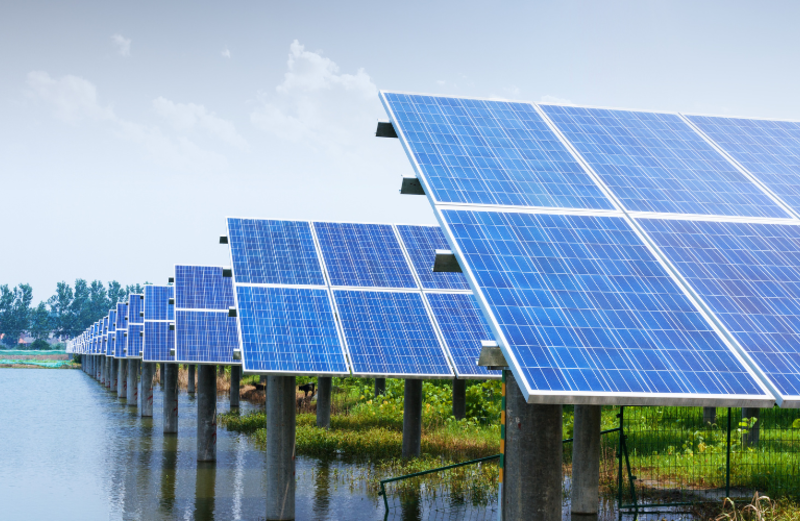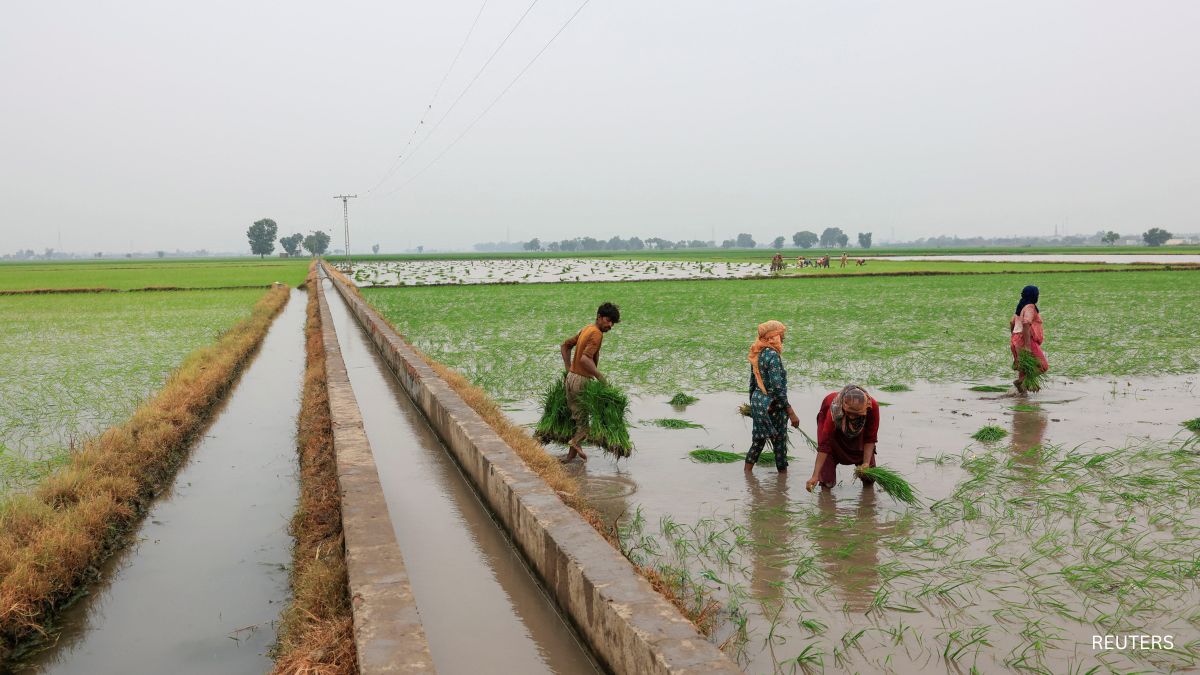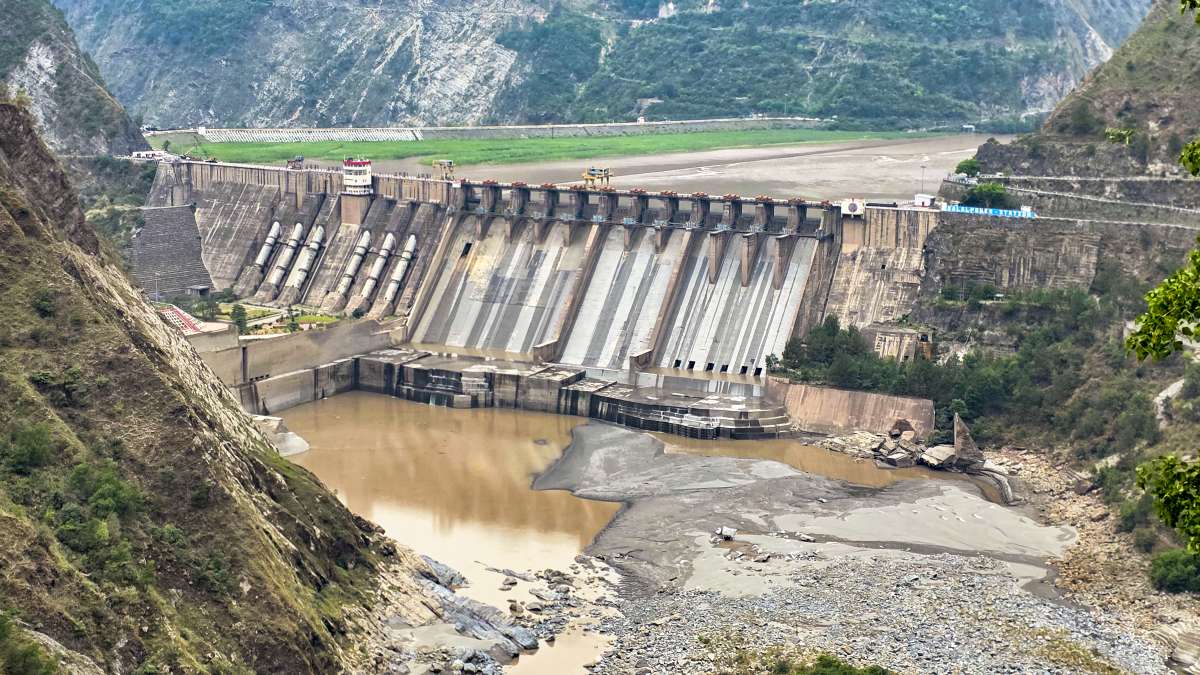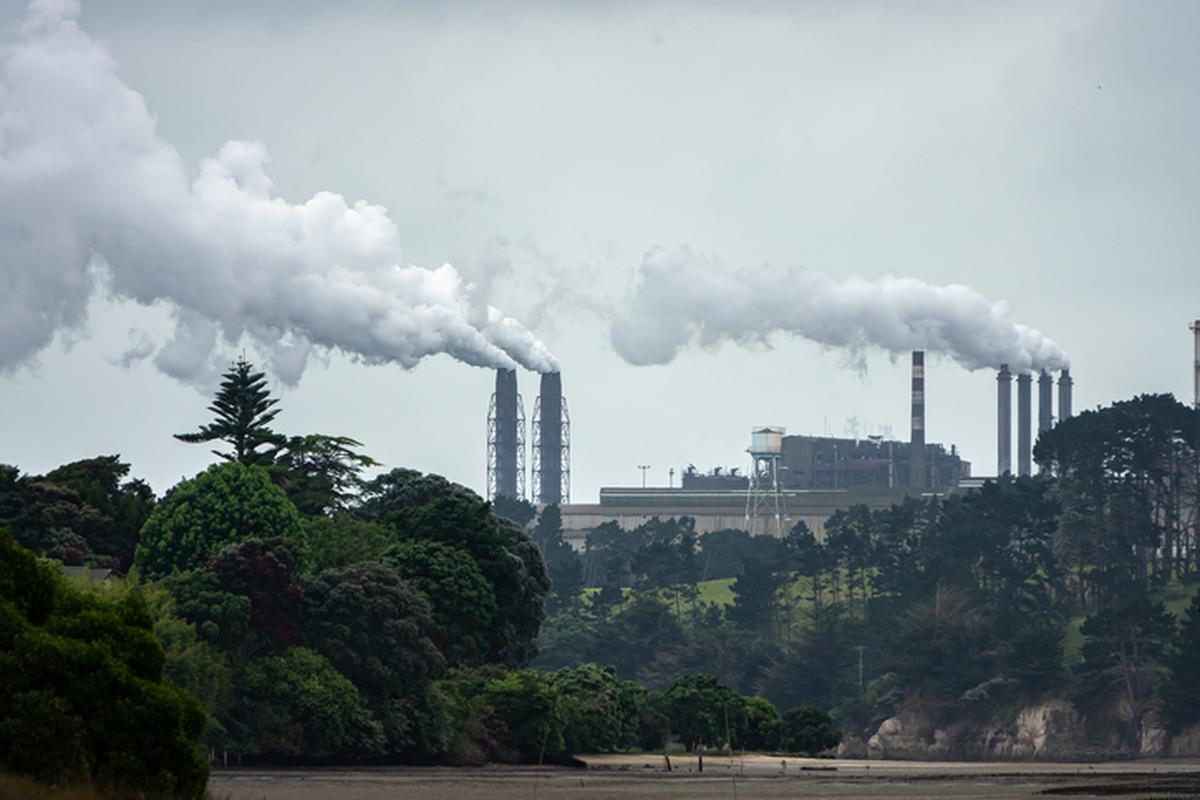Pakistan’s Water Crisis Deepens Amid Rise of Solar-Powered Farming
- bykrish rathore
- 04 October, 2025

Pakistan is facing a growing water crisis as the rapid adoption of solar-powered tube wells transforms farming practices. While solar irrigation has reduced dependence on costly diesel and unreliable electricity, it has also triggered unchecked groundwater extraction. Farmers, incentivized by near-free irrigation, are expanding cultivation of water-intensive crops such as rice, which has grown by nearly 30% in recent years, while less thirsty crops like maize are declining.
The result is alarming: groundwater tables across Punjab are falling sharply, with many regions crossing critical thresholds. Internal data shows that areas where water lies deeper than 60–80 feet have expanded dramatically, raising concerns over long-term sustainability. Without regulation, Pakistan risks over-extraction leading to aquifer depletion, salinization, and declining water quality, all of which threaten food security and rural livelihoods.
Experts warn that solar farming, without water-use efficiency measures, is “digging Pakistan into a water catastrophe.” Solutions such as well registration, crop diversification, aquifer recharge projects, and efficient irrigation systems like drip and sprinkler methods are being promoted but remain limited in scale.
Unless stronger policies, regulations, and farmer support systems are implemented, Pakistan’s agricultural solar boom could turn into a severe water bust—jeopardizing the country’s environment, economy, and food future.

Note: Content and images are for informational use only. For any concerns, contact us at info@rajasthaninews.com.
"इको-फ्रेंडली इनोवेश...
Related Post
Hot Categories
Recent News
Daily Newsletter
Get all the top stories from Blogs to keep track.




_1760415461.png)






